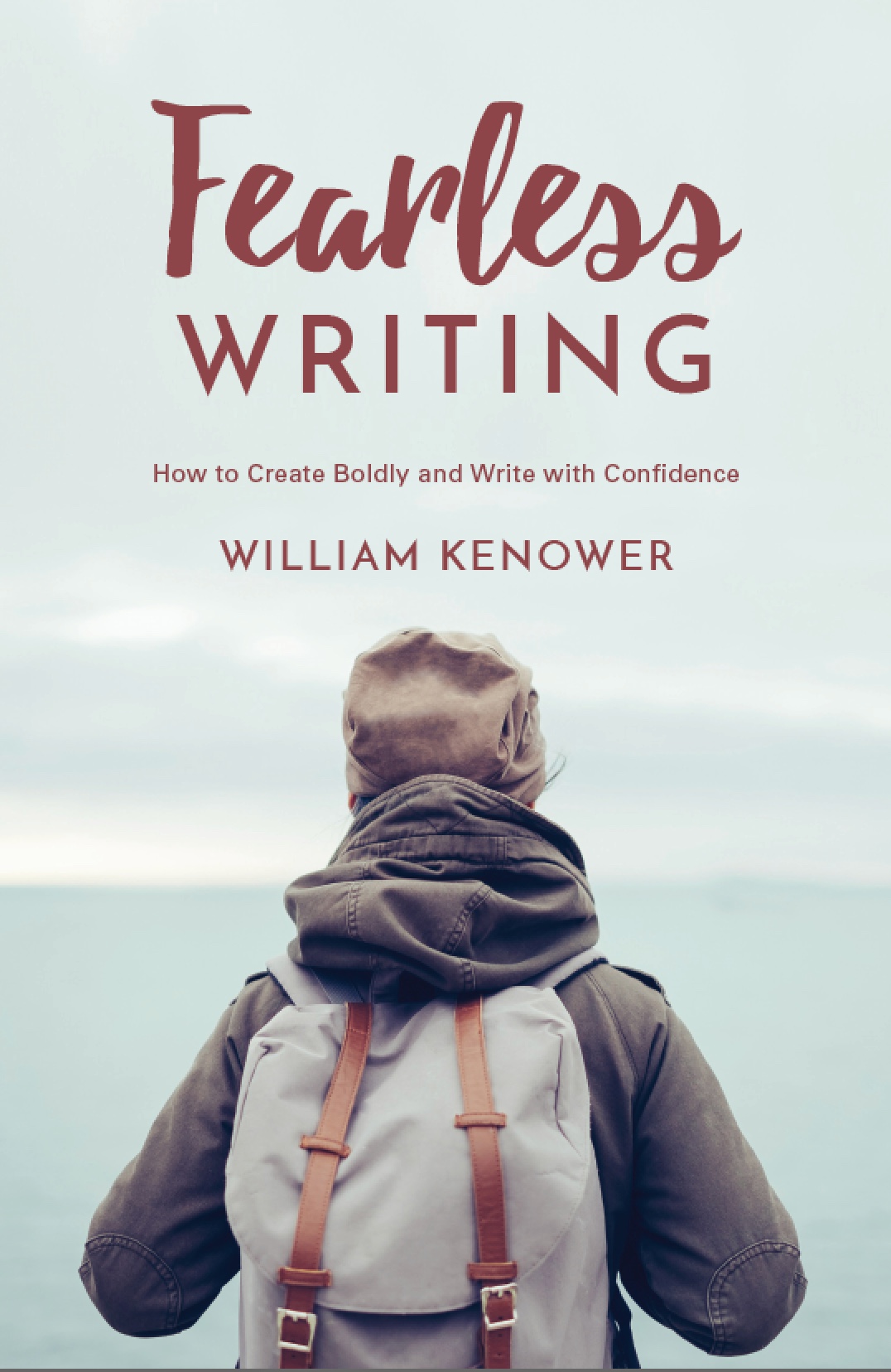Human Stories
Ever since I could talk, I have enjoyed telling stories to friends and family and acquaintances. Yes, I’m a bit of a performer, who doesn’t mind the spotlight – but mostly I enjoy what is shared in the telling of a story. As a storyteller I must leave room for my audience’s imagination, must paint just enough of a portrait that they can complete the image in their mind. In this way, we are really both telling the story, though only one of us is talking. By story’s end, if we were successful, the audience and I meet in relief, or laughter, or understanding – kingdoms known to everyone, but ruled by no one. I will often tell the same story to many people. Usually, the story changes depending on what I know about the person to whom I’m talking. My wife might hear a slightly different version of a story than my youngest son, who might hear a slightly different version than my oldest son, who might hear a slightly different version than my father, or one of my clients. In the art of showing and not telling, knowing what your audience already knows or doesn’t know, what they believe is true and what they think is a lot of hooey, determines which and how many details I provide in my portrait.
But when I’m writing a story for the reading public, I know almost nothing about my audience. I don’t know how old they are or whether they are a man or a woman; I don’t know how they vote or what they believe about God or science or marriage or children or taxes or death. I don’t know where they’ve lived or what they’ve lost or how they’ve suffered or when they’ve rejoiced. All I know is that they’re human.
That, I have learned, is enough. While I love telling stories to friends and family, the stories I gain the most from telling are those I share with people I may never meet. To do so, I must find something universal in that story, a narrative purpose that has nothing to do with me specifically, but which illuminates the challenges and joys of being human. It is not so difficult. All I need to do is see what remains of my experience when I ignore my name and age and occupation, ignore my unique history and my unmet desires. When I strip away these trappings, I am hopefully left with something as familiar and unadorned as a newborn, a thing of all love and all potential.
If you like the ideas and perspectives expressed here, feel free to contact me about individual and group coaching.
Fearless Writing: How to Create Boldly and Write With Confidence. You can find William at: williamkenower.com


